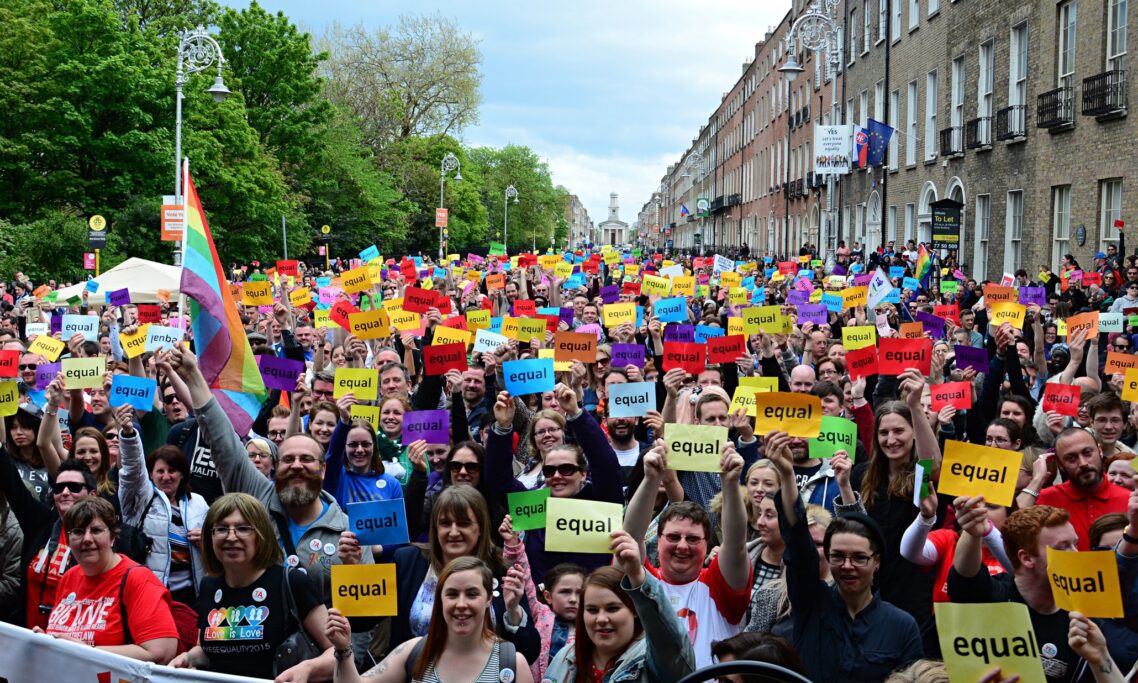I had the pleasure and privilege today of hosting an amazing set of campaigners at a session on ‘Secrets of Winning Movements’ which was part of the Bond Conference.
Over 90 minutes, a wonderful line up of speakers shared top learnings from movements as diverse as the campaign to win equal marriage in Ireland, to Mumsnet and it’s wonderful member generated campaigns, to 350.org and a focus on divestment, to the inspiring stories from those at the heart of the Tunisian revolution to community organising in the UK to welcome more Syrian refugees.
Trying to chair and live tweet it was hard to take lots of notes, but briefly, and before I forget them all, here are some of my key learnings;
- Movements are messy – they require you to experiment with what’s working and not working. To iterate and innovate. To change tactics.
- Ensure there are strong relationships at the heart of your movement – take time to build trust with those involved.
- Leadership is about the relationships you have to get people to take action.
- Help prevent burnout – Don’t forget to provide space for those leading your campaigns to take the time they need to sustain there activism.
- Focus your message – Grainne Healey shared about the importance of finding a messages that worked for the ‘middle million’ in the Yes Equality referendum campaign. That meant taking what focus groups were saying seriously.
- A movement need a clear slogan – but ensure that resonates with those you need to engage not simply your ‘base’
- The messenger who delivers your message is as important – make sure they work with those you’re trying to reach.
- Humour, satire, parody and ridicule all have a role in campaigning – find creative ways of getting the message out.
- Use social media effectively – Aya Chebbi from Tunisia shared about how those leading the revolution would use it to get the news they wanted out first.
- Pick the target, freeze it, personalise it and polarise it – Jonathan Cox from Citizens UK shared about how they’d focused on Bristol Mayor George Ferguson to agree to welcome more refugees through a relentless focus on him.
- Give people a sense that they can make a difference – Payal Parekh from 350.org shared about how the divestment movement success has been built on the experience of local campaigners making a local dent on a global problem.
- Training is critical for equipping your movement and sharing the vision.
- Be movement generous – many of those you train and equip will go on to work on other issues. Celebrate that.
- Learn from others – Grainne shared about how the Yes Equality campaign had benefitted from the insight of US marriage equality campaigners.
- Build unusual and diverse coalitions – not just the usual suspects.
- But sometimes its as important to decide who not to include can be as important as who is involve. Rowan Davies from Mumsnet talked about who didn’t get involved in a coalition they built on libel reform
- Be clear about the role your organisation is playing. For many NGOs its about supporting the existing movement.
If you were in the session, please feel free to add your key lessons and learnings in the comments below.
